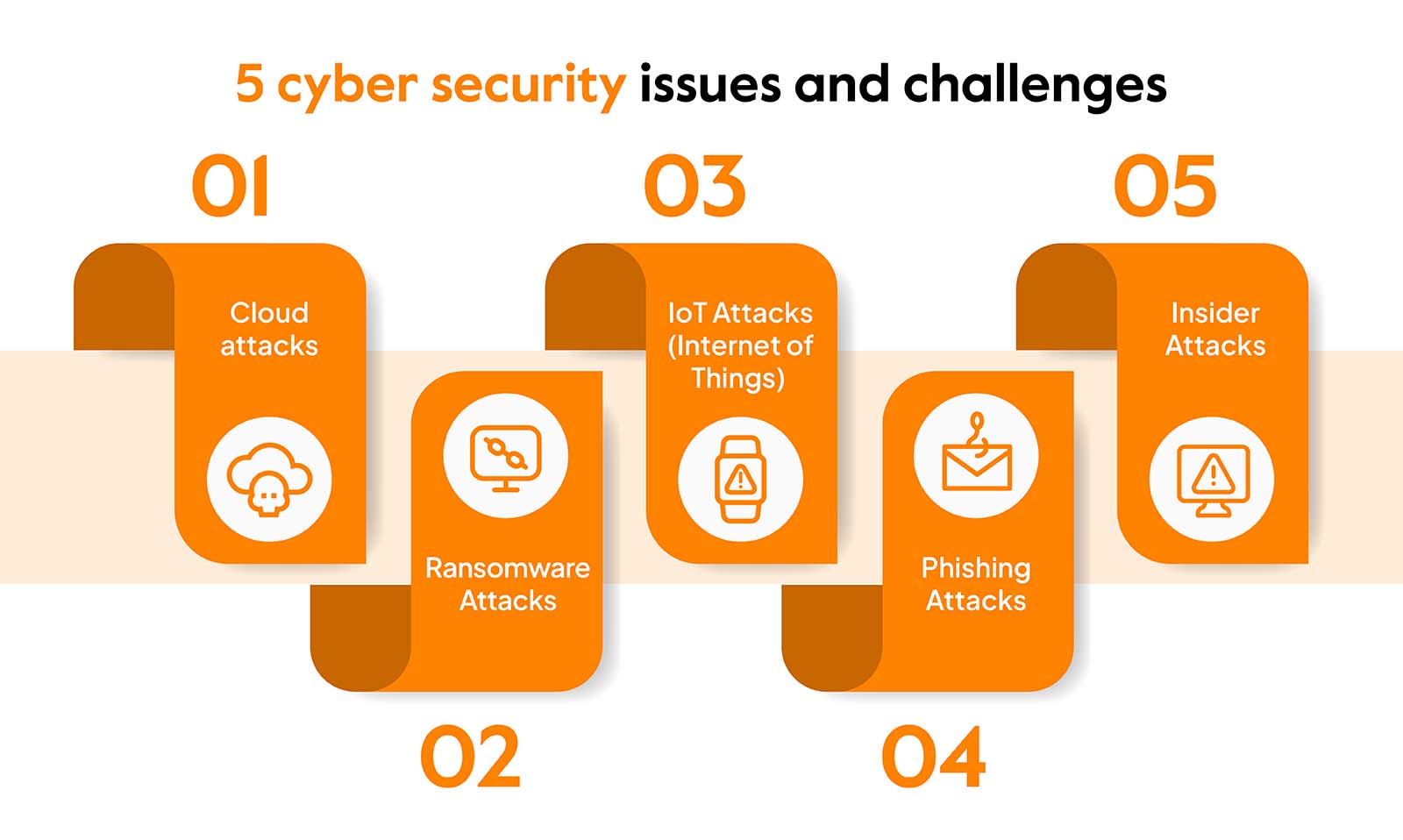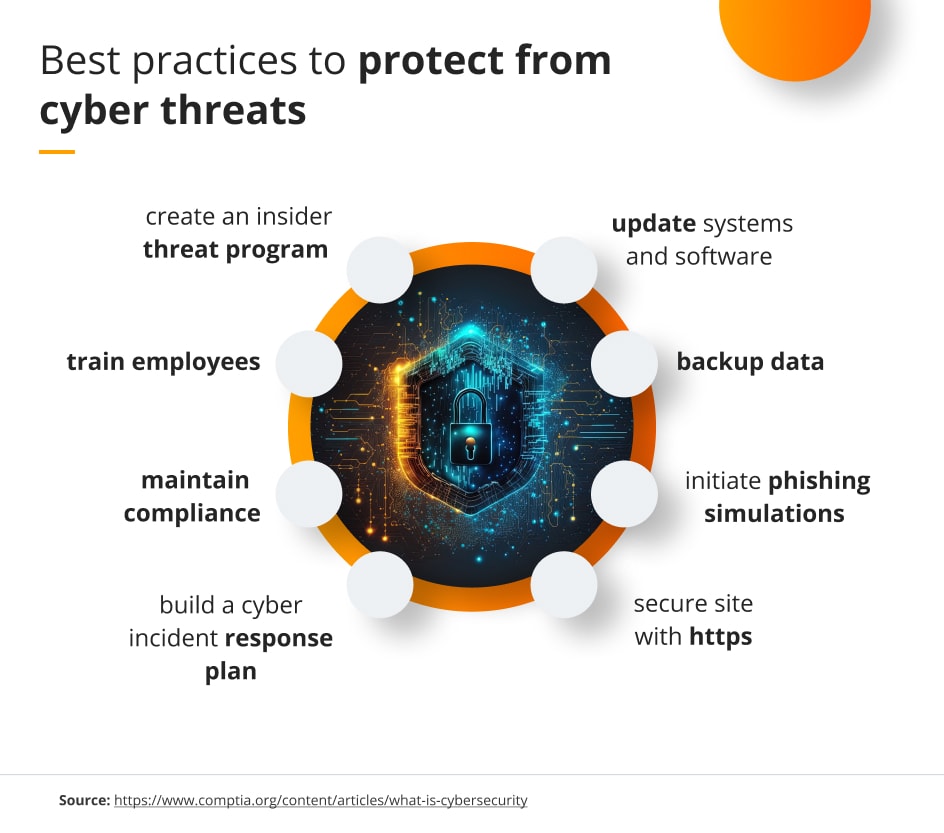
Tech Outage Sparks Concern Over Cybersecurity in Essential Services
In a troubling development for users of essential services across the United States, Conduent, a key government contractor, has confirmed that a recent cybersecurity incident led to significant disruptions in services crucial for many residents, particularly those depending on child support and food assistance programs. As digital infrastructure continues to underpin vital public services, this incident raises pressing questions about the resilience and security of such systems.
Understanding the Incident
On January 22, 2025, Conduent’s systems experienced a major outage which left numerous residents without access to their support payments. The company publicly acknowledged this disruption while declining to provide specific details on whether a compromise of their systems had occurred.
“This incident was contained and all systems have been restored,” stated Conduent’s spokesperson, Sean Collins. “Maintaining system integrity and functionality is as important to us as it is to our clients.”
While the company reassured the public that the issue had been resolved, the ambiguity surrounding the nature of the incident—specifically, the lack of clarity on whether there was any data breach or exfiltration—has understandably left many concerned. The implications of such incidents go far beyond immediate service disruptions; they touch on personal security, privacy, and the trust that residents place in public services.
Concerns rise over the cybersecurity incident affecting essential services.
The Broader Landscape of Cybersecurity
The rising tide of cybersecurity incidents across various sectors continues to challenge organizations that manage sensitive information. Conduent’s recent experience is not isolated; it reflects a wider trend where system vulnerabilities can lead to significant service interruptions, impacting vulnerable populations the most. Such incidents have prompted discussions among cybersecurity experts about the urgent need for stronger protocols and preventive measures.
In a world where $1 billion was spent on AI applications in 2024 alone, with over 7.7 billion hours logged using such apps, the demand for robust technological frameworks has never been more critical. As organizations integrate advanced technologies into their operations, they must also prioritize cybersecurity to safeguard against potential breaches.
 Exploring the challenges of modern cybersecurity in various sectors.
Exploring the challenges of modern cybersecurity in various sectors.
The Rise of AI Applications
In 2024, the market for AI applications surged, leading to more than $1.1 billion in consumer spending. According to Sensor Tower’s State of Mobile report, AI apps, including popular platforms like ChatGPT and Bytedance’s Doubao, saw a staggering 200% increase year-over-year in consumer spending. This boom emphasizes how integral AI has become in our daily lives, from child care support to various assisted services.
The growing reliance on these smart technologies suggests a corresponding increase in responsibility for companies to ensure their systems are fortified against potential cyber threats. As evidenced by consumer engagement metrics, with apps like ChatGPT reaching 50 million users, firms must understand that their clientele expects not only innovation but also security in their chosen platforms.
Diversifying the Application Market
Notably, 2024 also saw shifts in other app categories such as streaming, cryptocurrency, and e-commerce as new entrants disrupted traditional markets. With consumers becoming increasingly tech-savvy, the apps that manage personal finances and transactions must prioritize not just user experience but also the security of user data.
- Key Stat 1: Streaming apps faced decreased engagement despite growth in revenue, revealing a changing landscape.
- Key Stat 2: Crypto apps like Binance maintain their stature in finance allowing users to navigate complex transactions securely.
As we investigate further how these sectors can avoid vulnerabilities moving forward, it’s clear that the intersection of popularity and security will dictate future trends.
The technology landscape is evolving rapidly with new innovations.
A Call for Enhanced Security Measures
The Conduent incident should serve as a stark reminder for all organizations, particularly those managing sensitive data to continuously refine their cybersecurity strategies. Regular audits, employee training, and updating software systems are not merely best practices; they are necessary for maintaining public trust and ensuring uninterrupted services.
As spending on technology continues to rise, with AI applications expected to maintain this trajectory, stakeholders must remain vigilant. They should encourage robust regulatory and compliance frameworks that hold organizations accountable for their cybersecurity practices. Collaboration between governmental and private entities is paramount for developing and enforcing standards that ensure safety and trust.
In the world of technology, where our privacy is increasingly at stake and services are paramount for everyday living, there can be no half-measures. The challenge lies in adeptly balancing innovation with responsibility.
 Strategizing for a secure technological future.
Strategizing for a secure technological future.
Conclusion
In summary, the recent outage at Conduent highlights a critical issue facing the technology infrastructure providing essential services. While the incident may have been contained, the implications surrounding data security, user trust, and cybersecurity preparedness cannot be overstated. As technology continues to transform how these services function, proactive measures are essential to shield against future cyber threats and ensure that vital support remains accessible to all.
For further insights into consumer spending in AI applications and ongoing security challenges, check out the Sensor Tower report to stay informed on trends shaping our digital landscape.















